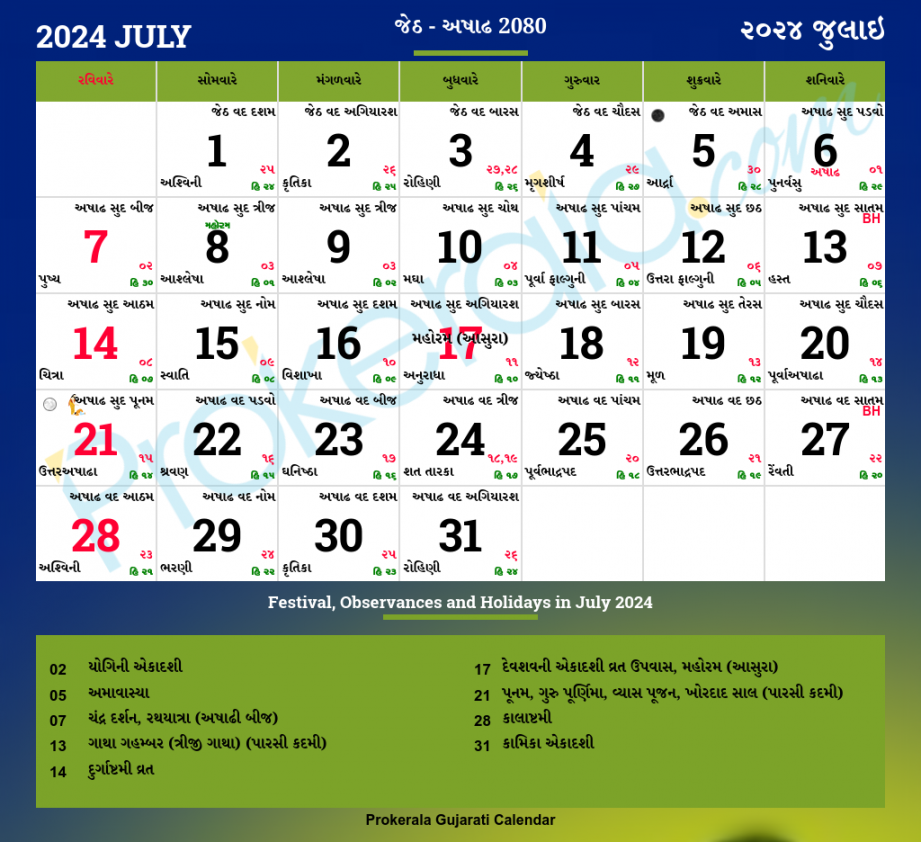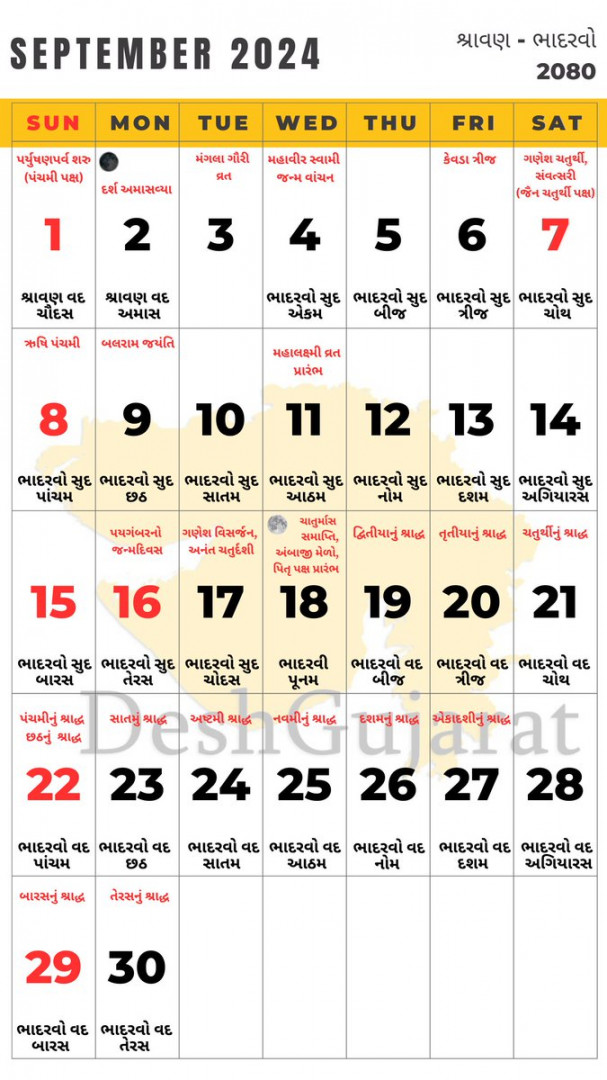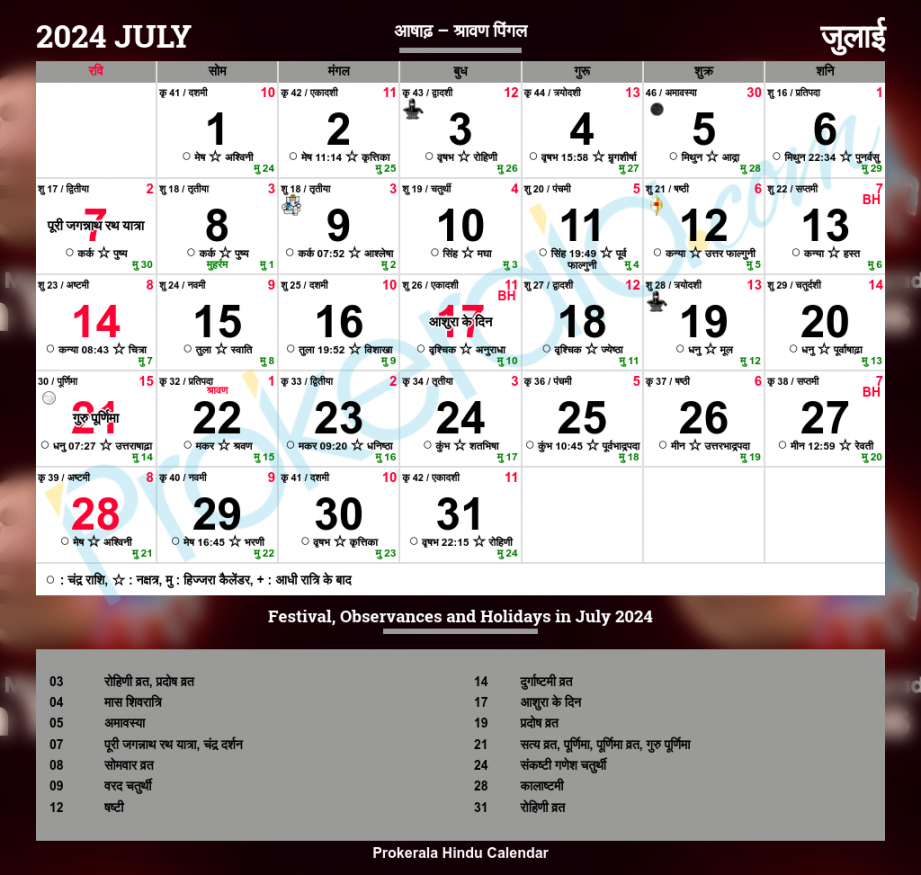How to use Outlook Calendar Checking Tool (CalCheck)
If you are using Outlook Calendar and having issues with entries, we suggest using the Calendar Checking Tool for Outlook (CalCheck). It is a command-line tool that checks the Outlook Calendar app for calendar entry problems. In this post, we will share what it does, how it works, and reports generated from the tool. It works with Office 365 as well.

Download the tool from Microsoft and extract the contents. Look for CalCheck.exe file. Double-click to run it. When you run the tool, it opens the Outlook messaging profile on your computer to access the Outlook calendar. If you have created multiple profiles, you can select them from the dropdown. It then checks on general settings, such as permissions, free/busy publishing, delegate configuration, and automatic booking.
Once it figures out all the entries, it then checks against known problems that can cause unexpected behavior, such as meetings that seem to be missing. Once the check is complete, it generates a report that can help you diagnose problems.

The report includes columns such as Subject, Location, Start Time, End Time, and Organizer, which are checked. It also includes a few more columns, such as:
RecurringOrganizerIs Past ItemErrors and Warnings.

The last column gives you clear information about the problem. In my case, I got — ERROR: Duplicate item in the Calendar, Please check this item.
CalCheck Command Line Switches & Configuration File
If you know your tech well, there are two ways to use the CalCheck tool — Command-Line Switches and Configuration files.
CalCheck Command Line SwitchesCalCheck [-P <profilename>] [-L <filename>] [-M <mailboxname>] [-N <display_name>] [-S <servername>] [-O <path>] [-C <version>] [-A] [-F] [-R] [-V] [-No]-P Profile name (if absent, will prompt for profile)-L Path and file name of List file (file listing the Name and LegacyExchangeDN) of the mailbox(es) to check-M Mailbox DN is used with -N (process only the mailbox that is specified)-N Display name is used with -M (process only the mailbox that is specified)-O Output path (if specified, write output files to this path. The default is the current folder.)-C Version to use for Office 2013 Click-to-Run scenario-A All calendar items output to CALCHECK.CSV-F Create a CalCheck folder and move flagged error items there-R Put a report message in the inbox with the CalCheck.log file-V Verbose output to the Command Prompt window-? Print this messageCalCheck Configuration File
The folder includes a TXT file with the name CalCheck.cfg. It includes configuration details which you can change. When you run CalCheck, it takes options from the configuration files and works accordingly.
Here are a few options from the config file-
OrganizerAddress=true ‘Check for Organizer email address
(PR_SENT_REPRESENTING_EMAIL_ADDRESS)
OrganizerName=true ‘Check for Organizer display name
(PR_SENT_REPRESENTING_NAME)
SenderAddress=true ‘Check for Sender email address
(PR_SENDER_EMAIL_ADDRESS)
That said, while the document says that the Outlook Calendar works with Microsoft Exchange Server, and was able to figure out the issue with my Office 365 installation.
Multi-Mailbox Mode
If you are running Exchange Server or earlier versions of Exchange, then you can use the Multi-Mailbox mode. To do this, you will need an account that has full access rights to all mailboxes on Exchange server or organization. It is useful for Enterprise to detect errors with the Outlook calendar as they form the backbone of all the meetings.
Once you have the right user account, you need to create the list of mailboxes which includes both Display Name and LegacyExchangeDN. Run the command in Exchange Powershell-
Get-Mailbox -Server “ServerName” | fl Name, LegacyExchangeDN | Out-File <path_file_name> -width 200
Post this; you can run CalCheck in Multi-Mailbox (list) mode.
CalCheck -L <path and file name>
Once it completes the check, you will have two files with all errors:
CalCheckMaster.log –This is a summary of all mailboxes that were processed.CalCheck__<mailbox>.log. – One such file is created for each mailbox that was processed.
CalCheck is a powerful tool that can help the Enterprise to figure out the issue with calendar entries to make sure the meetings go as expected.
I hope you find this tool handy.
Read: How to export Outlook Calendar in CSV file.